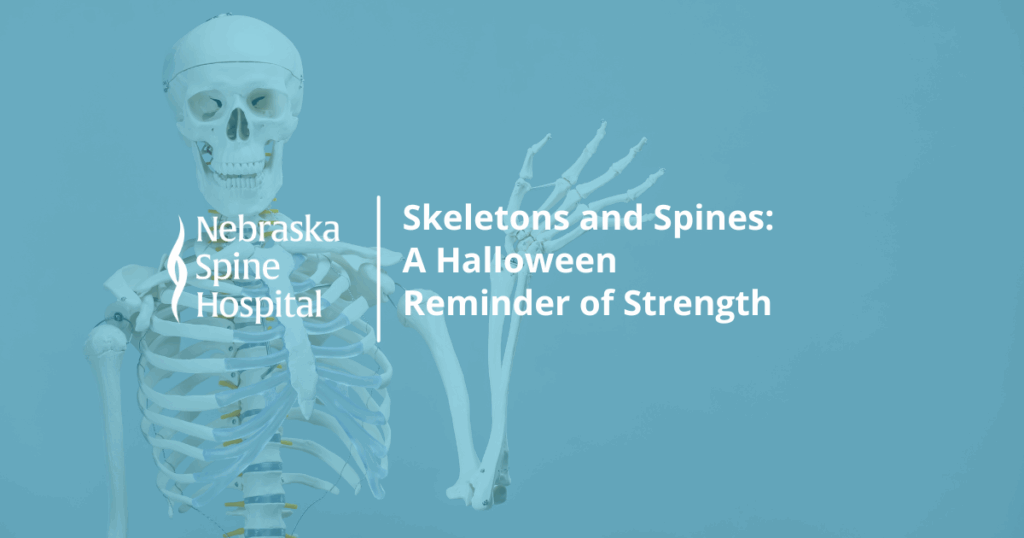Spring brings blooming flowers, longer days, and unfortunately for many, seasonal allergies. While sneezing and watery eyes are common complaints, did you know that allergy symptoms can also contribute to back pain? This unexpected connection affects countless individuals each year, as sneezing, coughing, and muscle tension can directly impact the spine. Understanding this relationship and taking proactive measures can help you stay comfortable and active throughout allergy season.
How Allergies Contribute to Back Pain
- Sneezing Strain
Sneezing is more than just a reflex; it’s an explosive action that involves your entire body. The force exerted during a sneeze can strain your back muscles, especially if you sneeze repeatedly. This strain can lead to soreness and even exacerbate existing pain. - Coughing Tension
Persistent coughing, a common symptom of allergies, can take a toll on your core and back muscles. Over time, the repetitive strain of coughing can lead to muscle fatigue and discomfort in the lower back. - Muscle Tension from Congestion
Seasonal allergies often cause nasal congestion, which can affect your breathing patterns. Shallow, chest-centered breathing can lead to muscle tightness in your neck, shoulders, and upper back, making you more prone to discomfort.
Tips to Alleviate Allergy-Related Back Pain
Fortunately, there are steps you can take to manage allergy symptoms and reduce their impact on your spine health.
- Practice Good Posture
Whether you’re sneezing, sitting, or standing, maintain proper posture to support your spine. Keeping your back straight and shoulders relaxed can help minimize strain on your muscles. - Stretch Regularly
Gentle stretches targeting the back and chest can help relieve tension caused by sneezing and coughing. Incorporate yoga poses like Cat-Cow or Child’s Pose to keep your muscles relaxed and flexible. - Strengthen Your Core
Engage in exercises that strengthen your core muscles, as they play a crucial role in supporting your back. A strong core can help minimize the strain caused by allergy-induced coughing or sneezing. - Stay Hydrated
Proper hydration can thin mucus and make it easier for your body to expel allergens, reducing respiratory strain that can contribute to muscle tension. - Manage Allergies Effectively
Use doctor-recommended antihistamines or nasal sprays to alleviate allergy symptoms. Addressing the root cause of your sneezing and congestion is key to reducing their impact on your back. - Apply Heat or Cold Therapy
If you experience acute discomfort, use a heating pad to relax tense muscles or an ice pack to reduce inflammation.
When to Seek Professional Help
If allergy season leaves you dealing with persistent back pain, it’s time to visit your doctor. At Nebraska Spine Hospital, our team specializes in spine health and can develop a personalized approach to help you manage your symptoms and maintain a pain-free spring.
Nebraska Spine Hospital – Your Trusted Partner in Spine Health.









